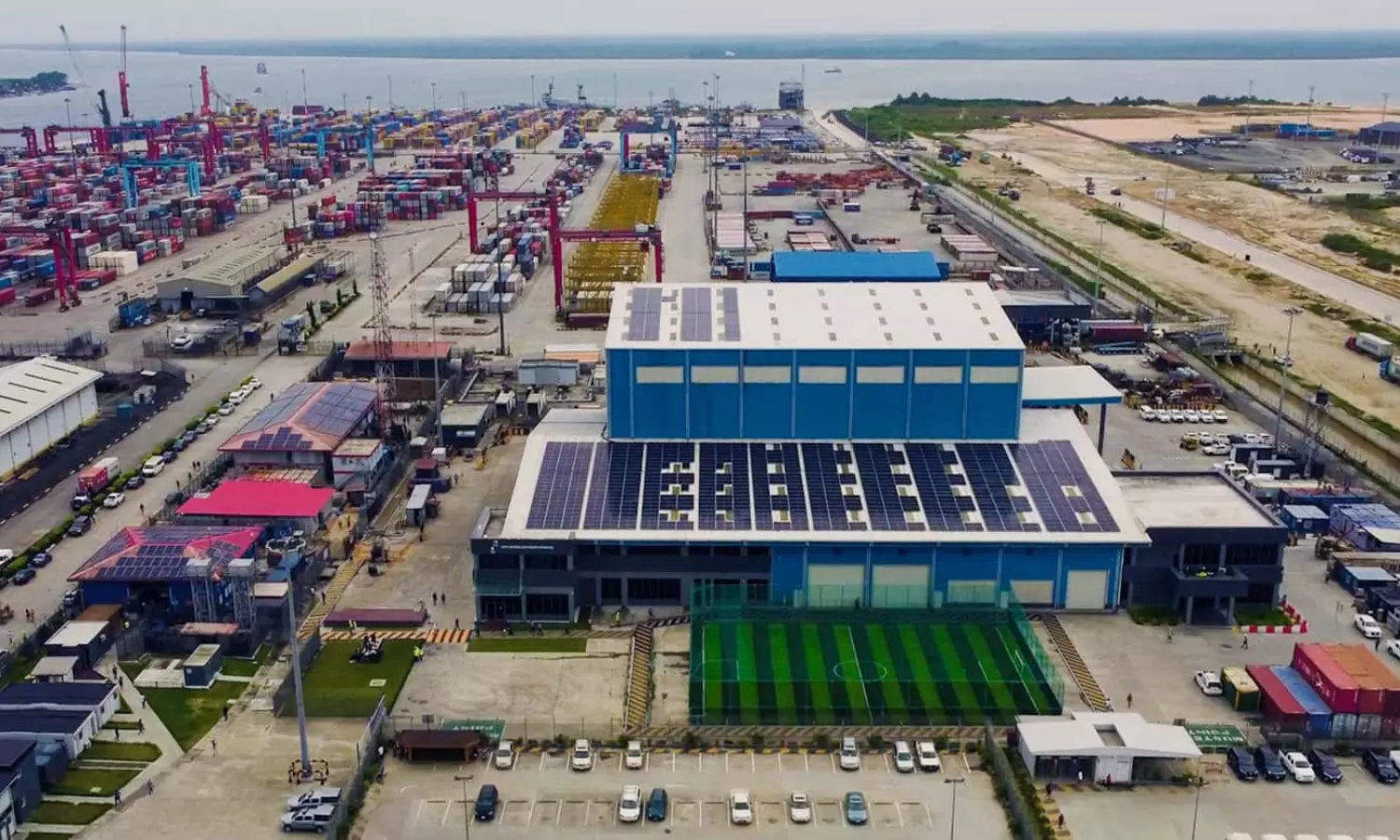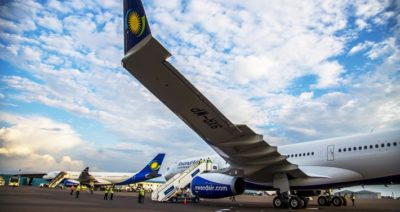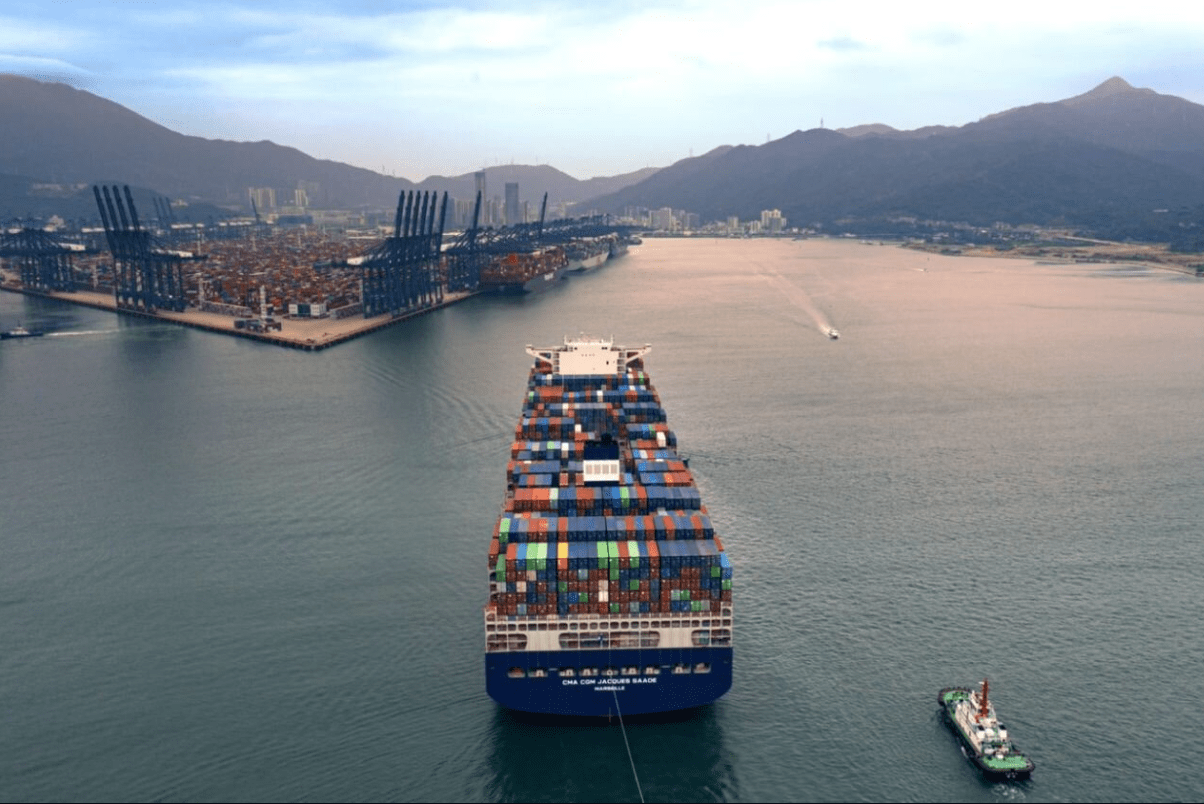Logistic

Saudi Arabia’s Port of NEOM halves Cairo-Iraq trade transit times in regional trade pilot

Saudi Arabia’s Port of NEOM has successfully completed a pilot program that reduced transit times by more than 50 percent on a key regional trade route connecting Egypt and Iraq, as the Kingdom seeks to establish itself as a major logistics hub under its Vision 2030 economic diversification plan.
The initiative, conducted in partnership with the Logistics Partnership Council, tested an intermodal corridor spanning over 900 kilometers from Cairo via Egypt’s Port of Safaga, across the Red Sea to Port of NEOM, and then overland to commercial warehouses in Erbil, Iraq.
The pilot involved collaboration between Saudi government agencies including the Transport General Authority and the Zakat, Tax and Customs Authority, along with private sector partners including shipowners, importers, exporters, and logistics companies.
“The Port of NEOM is the catalyst for overall economic development for the northwest region of the Kingdom and the broader region,” said Sean Kelly, managing director at the Port of NEOM. “The intermodal corridor opening up this historical trade lane is a primary initiative in this effort. It’s been proven many times that opening up supply chain options—reducing costs, reducing transit times—accelerates regional economic development and prosperity, and the intermodal corridor can play this role.”
The project represents part of Saudi Arabia’s broader strategy to develop its logistics sector and reduce the economy’s dependence on oil revenues. The Kingdom is investing heavily in ports, roads, and customs infrastructure to capture more of the trade flows between Asia, Africa, Europe, and the Middle East.
Port of NEOM’s location on the Red Sea and proximity to the Arar border crossing into Iraq positions it to serve growing trade between the regions. The success of the pilot suggests the route could offer an alternative to traditional shipping paths that currently handle Egypt–Iraq trade.
The corridor is designed to be scalable and could be expanded to other regional trade routes, according to project organizers. Saudi officials say such initiatives support the Vision 2030 goal of building what they describe as a world-class integrated logistics ecosystem.
The pilot’s completion comes as regional countries seek to boost intra-regional trade and reduce logistics costs amid ongoing global supply chain challenges.












